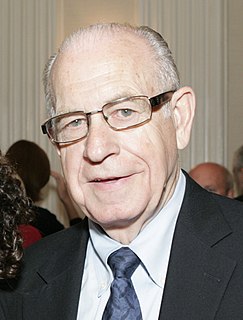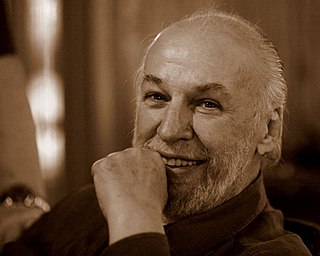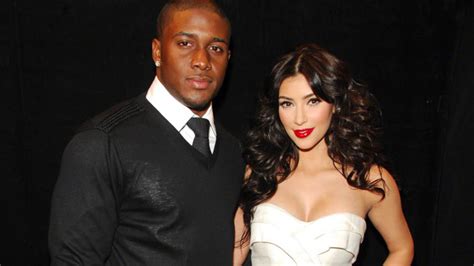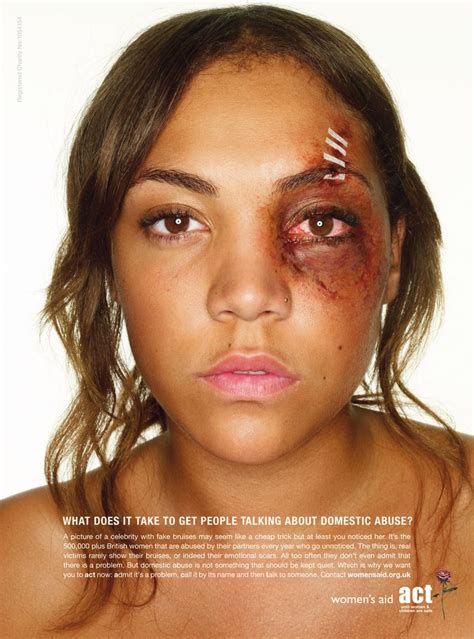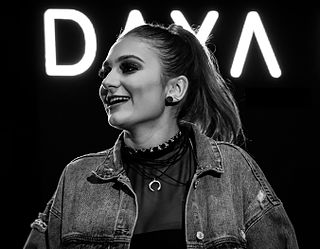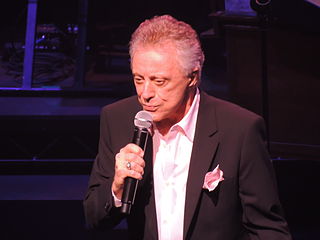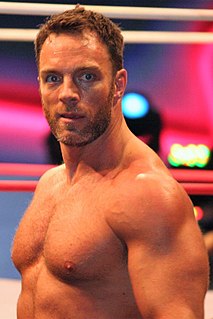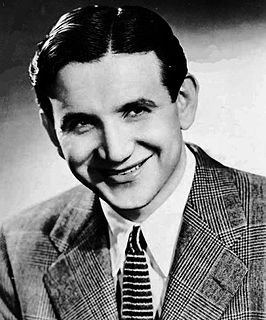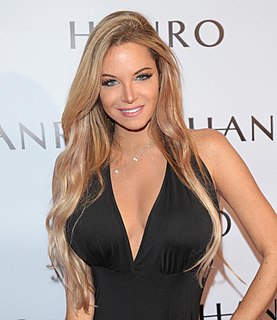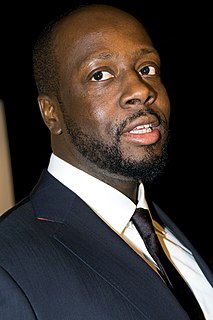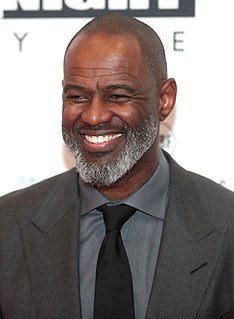A Quote by Carl Kasell
If not for radio, I'd probably be working at the local supermarket doing who knows what. But after I got that first break at 16, I was not going to do anything else. I had my mind set on radio one way or another.
Related Quotes
Listen- my relationship with radio on a personal level is nothing but a one way love-a-thon... I love radio, I grew up on radio. That's where I heard Buddy Holly, that's where I heard Chuck Berry. I couldn't believe it the first time I heard one of my records on the radio, and I STILL love hearing anything I'm involved with on radio, and some of my best friends were from radio. But we were on different sides of that argument, there's no question about that.
I was invited to L.A. when I was 16 for a weekend-long songwriting session by a writer I had met through my voice teacher in Pittsburgh. My first hit, 'Hide Away,' was one of the songs written during those sessions. It was played for a radio rep who then started a new label; the song got a pretty organic start at radio and then took off.
'Boneless,' even though we were thinking about servicing it to radio, it made more sense putting a vocal on there. This was actually the first time that I really looked at doing a song for radio and kind of let go of some control and listened to a lot of different radio pluggers and had Ultra come in and help out with ideas.
My father being a Caribbean minister, one day I stole the radio. The radio that I stole, I took it to school, showing off how big this boom box was and how bad I was at the time. Once my father figured out where I left the radio, he then got his belt and he walked me, he beat me all the way to where I had hid the radio, and with the boom box.
I went back and listened to the first three albums I made and tried to figure out what was special about them, why people keep going back to them. I think it was because I didn't know what I was doing. I had no idea if they were going to play it on the radio or anything. All I did was write songs, so that's what I got back to.
Day one through three of the radio tour, I actually went by Camaron Ochs. I went to my first set of radio remotes, and everybody was just like 'What's your last name?' It's not easy to pronounce. The first two minutes I got with people, that's what they wanted to talk about, and sometimes those two minutes is all you get.
